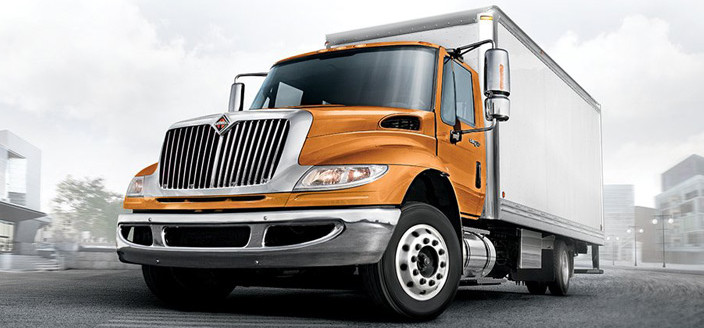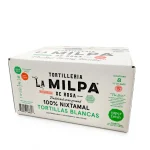In the Romance-speaking world, camión simply means a heavy truck. But if you are in Mexico City, the phrase “Voy en el camión” doesn’t mean you are driving a freight vehicle. It could mean you’re on a bus. It’s one of those unique Mexican usages that confuse native Spanish speakers from Spain or Argentina, and definitely puzzle Spanish learners.
Camioneta refers to almost anything smaller than a camión: a pickup truck, a minivan, a SUV, or a delivery van. The term also exists in other Romance languages, sometimes with only a slight change of spelling.
| Language / Region | Word Form (Camión) | Meaning of Camión | Word Form (Camioneta) | Meaning of Camioneta |
|---|---|---|---|---|
| Mexico (Spanish) | camión | Truck and bus. | camioneta | Pickup, SUV, van, small truck |
| Spain (Spanish) | camión | Truck only | camioneta | Small delivery van, minibus |
| Argentina / Chile (Spanish) | camión | Truck only | camioneta | Rural bus (combi), pickup, van |
| France (Français) | camion | Truck | camionnette (sometimes fourgon, fourgonnette) | Delivery van, small truck |
| Italy (Italiano) | camion (pronounced KA-mee-on) | Truck | (no camioneta) – uses furgone, sometimes furgoncino / pick-up | – |
| Brazil (Português) | caminhão | Truck | caminhonete | Pickup, SUV |
| Portugal (Português) | camião | Truck | camioneta / caminhoneta | Small van, light bus |
| Catalan | camió | Truck | camioneta | Small truck, van |
| Romanian | camion | Truck | camionetă | Light truck, van |
A van in different languages could take the French base fourgon, including furgón in Spanish. Furgón in Spanish could be a train car as well. In México autobús is also used, and also camión de pasajeros (Truck of passengers).
These words are true friends and false friends at the same time. You may recognize them from French or Italian and assume you understand—but they may surprise you. This is why learning Spanish is not just about vocabulary, but about regional identity.




